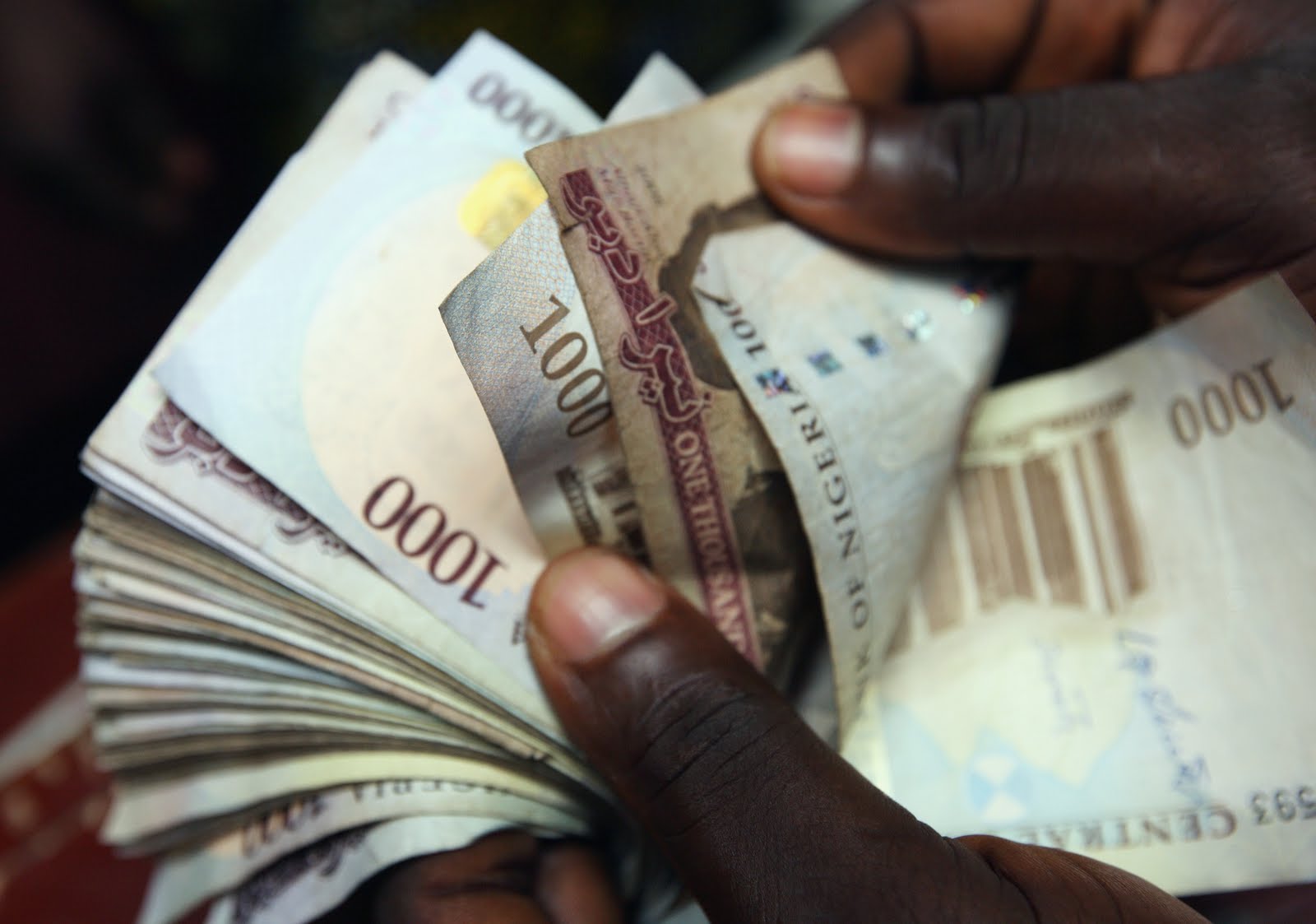Again, the national currency, on Monday, July 13, 2015 depreciated further at the parallel market and is now valued at the rate of N241 against the dollar.
The ban on foreign exchange sale by the apex bank, the Central Bank of Nigeria, CBN, instigated unofficial trade in dollars.
According to reports, the restriction on importers from accessing the Nigerian foreign exchange markets for the importation of 41 items had led to the volatility of the naira-dollar exchange rate at the black market.
Ever since the new forex rule became effective on Tuesday, June 23, 2015 the naira has fallen by 10.5 per cent from 218 to 241 against the dollar.
Meanwhile, financial experts are of the view that the naira needs to be devalued by the apex bank in order that the local currency would achieve an equilibrium price against the United States currency.
Reuters reported that the new forex rule had led to huge demand at the parallel market, causing dealers to hoard the dollar in anticipation of further fall in the naira
The CBN had however said it would not be focusing on the thinly-traded parallel market when determining the exchange rate, adding that people preferred to use the unofficial market for undocumented transactions.
The depreciation of the naira has caused foreign investors to pull aback awaiting a more positive environment before they would embark on naira dominated investments.
However, local and foreign analysts had predicted that if the artificial scarcity trend is not put to check, sooner than later, the naira might depreciate further to N250 against the dollar at the parallel market.
The apex bank seems to be helpless as the spread between the official and parallel market widens further daily.







